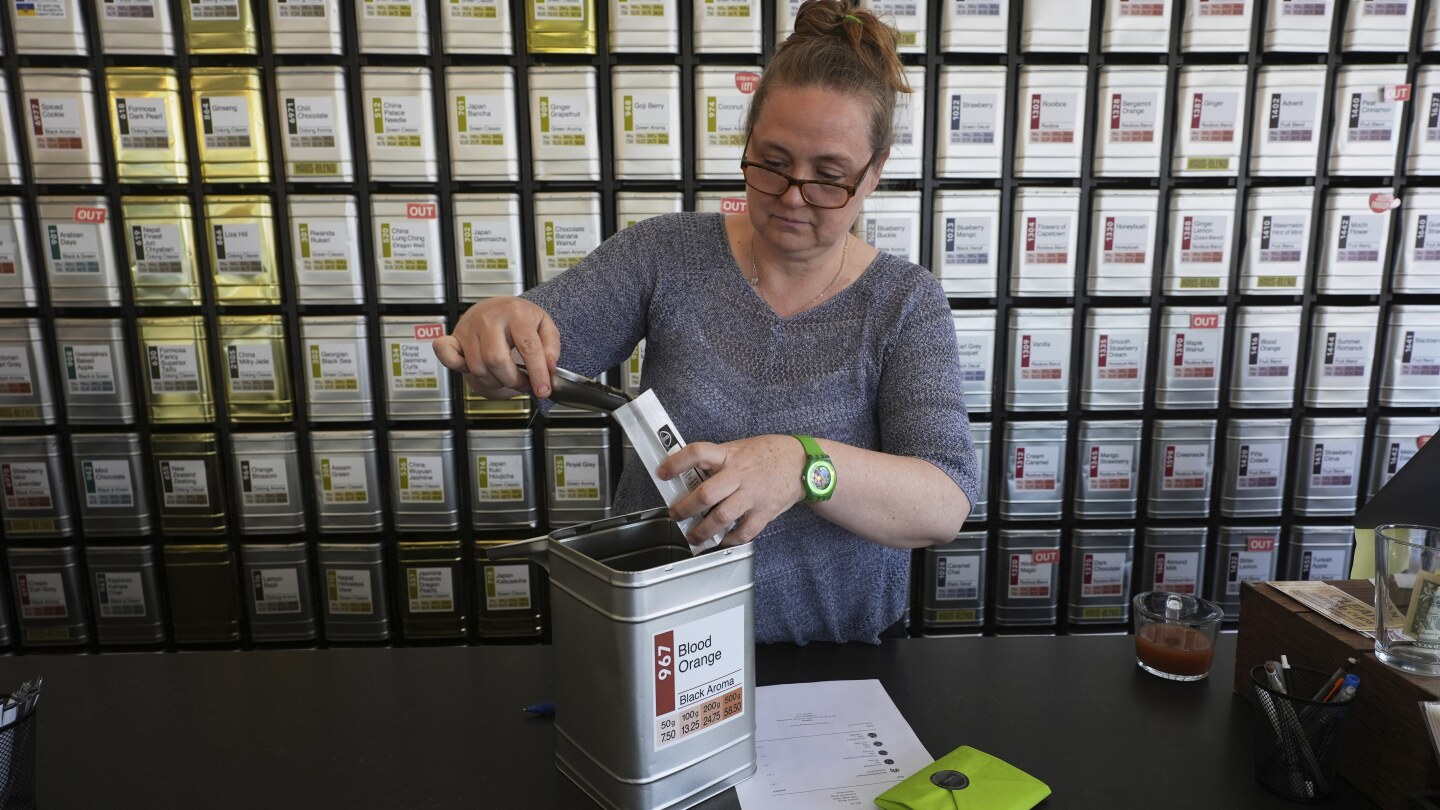NEW YORK (AP) — Major orders canceled, containers of products stranded overseas, and no clear path forward. The Trump administration increased tariffs on goods from China to 145% in early April. Since then, small business owners reliant on Chinese imports have faced growing desperation as they confront dwindling inventory and rising costs.
President Donald Trump suggested last week that tariffs might decrease substantially, sparking a stock market rally. However, for small businesses operating on tight margins, the uncertainty has caused significant disruption. Some fear they may only have months before going out of business.
For example, WS Game Co., a Massachusetts-based family-owned game company, licenses Hasbro board games like Monopoly and creates deluxe versions. With all production in China, the tariffs have halted its growth. Three containers of finished games worth $500,000 remain stranded in China, and the company lost $16 million in orders from major U.S. retailers.
Jeremy Rice, co-owner of a Kentucky home-décor shop specializing in artificial flowers, faces similar challenges. About 90% of his flowers are made in China, and vendors are passing on tariff costs by raising prices by up to 25%. Rice stocked up early but estimates his inventory will last only two to three months.
Lisa McDonald, owner of TeaHaus in Michigan, imports tea from countries including China. She worries about the limits of what customers will pay, as premium teas could cost up to $33 for a 50-gram bag. Jim Umlauf’s Oklahoma-based business, 4Knines, which makes vehicle accessories, struggles with sourcing raw materials from China. Exploring manufacturing alternatives has proven difficult, limiting growth and squeezing margins.
— new from AP News
